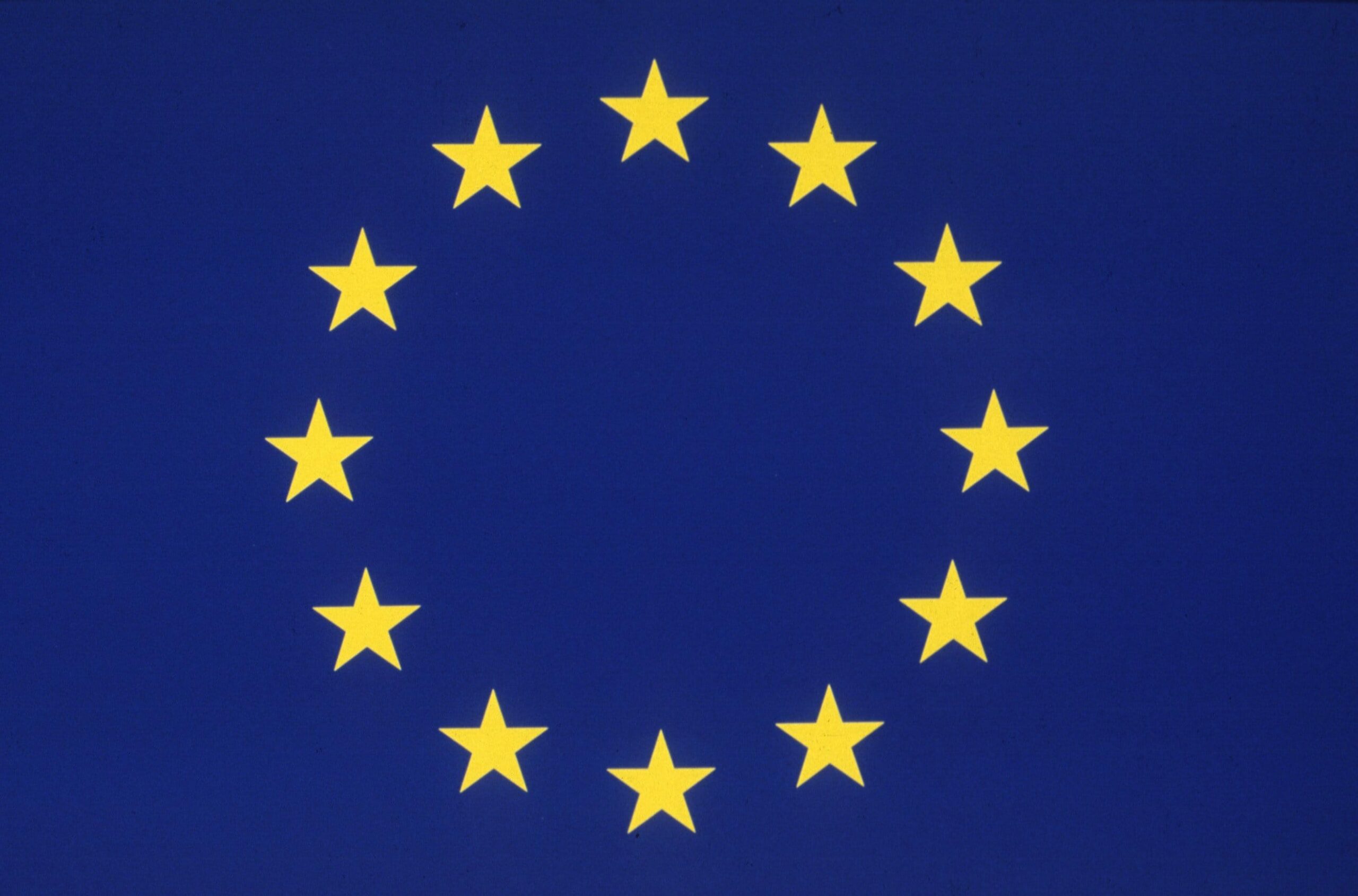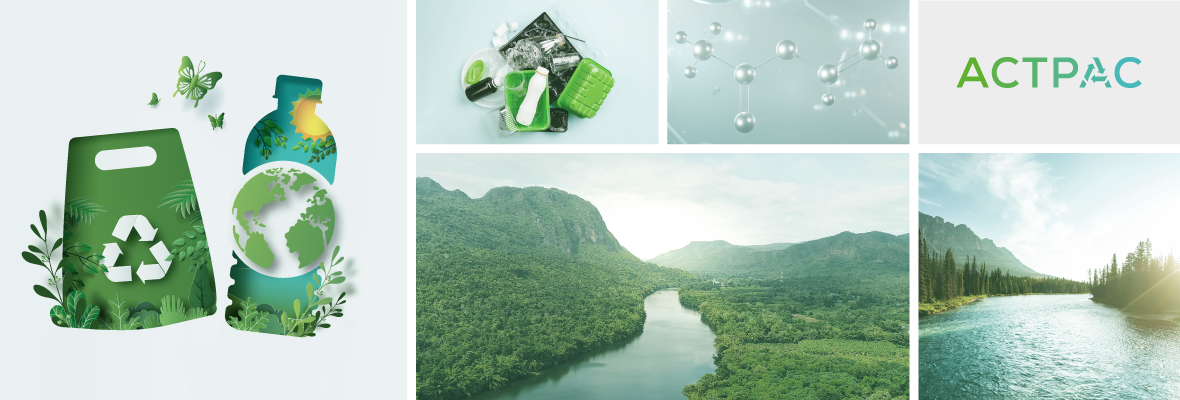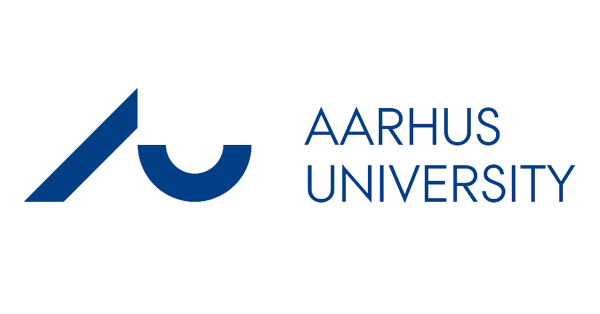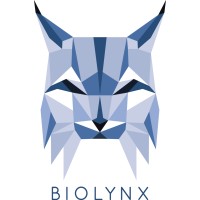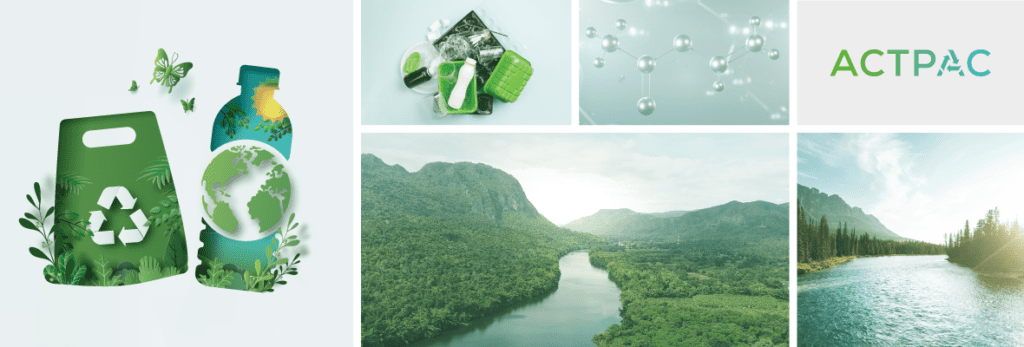ACTPAC
A Complete Transformation PAth for C-C backboned plastic wastes to high-value Chemicals and Materials
Vegan Leather is a member of CrossRoads2: Sustainable Energy, which is financed by Interreg V Flanders-Netherlands, the cross-border cooperation programme with financial support from the European Regional Development Fund.
The Problem
A deeper dive into the problem
Plastic pollution has become a clear threat to many environmental niches and ecosystems, due to rapidly increasing use of plastic products and leakage to the environment. With about 30 % of total plastics, Polyethylene (PE) is the most widely used and the largest-volume plastic. Due to the absence of reactive groups, the C-C backboned plastics are often categorized as non-degradable; generally disposed of by incineration or landfill. About 12 % of plastic wastes are recycled as goods with inferior quality and performance. The real catalytic route for upcycling of PE wastes into value-added products is less than 1%. It is clear that there is an urgent need to develop new routes for innovative upcycling of plastic wastes towards a paradigm shift in the plastic economy.
PROJECT OBJECTIVES:
DEVELOP
new catalysts for the deconstruction of polyethylene
(PE) to enable the production of value-added, biologically
utilizable chemicals at reduced costs.
ENGINEER
enzymes and microbial cell systems that can
produce value-added biochemicals for use in the chemical
industry from biologically utilizable chemicals.
CONSTRUCT
engineered non-pathogenic yeast systems that
can transform biologically utilizable chemicals into value-added
biochemicals for use in the chemical industry.
DEFINE
efficient chemical routes and develop catalysts to
convert value-added biochemicals into new breakthrough,
biodegradable polyesters for various applications.
CREATE
a completely novel, biobased polyester that has similar
or better properties as polyesters, but is fully biodegradable,
and recyclable.
DEMONSTRATE
the improved environmental and economic
performances of the value-added chemicals and alternative
polyesters developed in the project and achieve zero-waste
management.
BOOST
the awareness on the project outcomes through
communication and dissemination activities and engage main
actors of the value chain as well as young professionals and
early career investigators
The Solution
Thus, a zero-pollution, bio-based solution to the existing environmental challenge is created, by keeping plastic wastes out of the environment, while reclaiming their values for a better circular bioeconomy. To this end, a series of technologies and innovative chemo-/biological transformation systems will be developed and demonstrated at pilot scale. The properties and specific applications of the new polyester plastics produced from upcycling of PE waste will offer new business opportunities for SMEs by scalable, fl exible and robust multi-product manufacturing processes for on-demand and small-volume output production.
A deeper dive into the solution
PROJECT OBJECTIVES:
DEVELOP
new catalysts for the deconstruction of polyethylene
(PE) to enable the production of value-added, biologically
utilizable chemicals at reduced costs.
ENGINEER
enzymes and microbial cell systems that can
produce value-added biochemicals for use in the chemical
industry from biologically utilizable chemicals.
CONSTRUCT
engineered non-pathogenic yeast systems that
can transform biologically utilizable chemicals into value-added
biochemicals for use in the chemical industry.
DEFINE
efficient chemical routes and develop catalysts to
convert value-added biochemicals into new breakthrough,
biodegradable polyesters for various applications.
CREATE
a completely novel, biobased polyester that has similar
or better properties as polyesters, but is fully biodegradable,
and recyclable.
DEMONSTRATE
the improved environmental and economic
performances of the value-added chemicals and alternative
polyesters developed in the project and achieve zero-waste
management.
BOOST
the awareness on the project outcomes through
communication and dissemination activities and engage main
actors of the value chain as well as young professionals and
early career investigators
This project has received funding from the European Union’s Horizon Europe Research and Innovation programme under Grant Agreement No. 101135289
